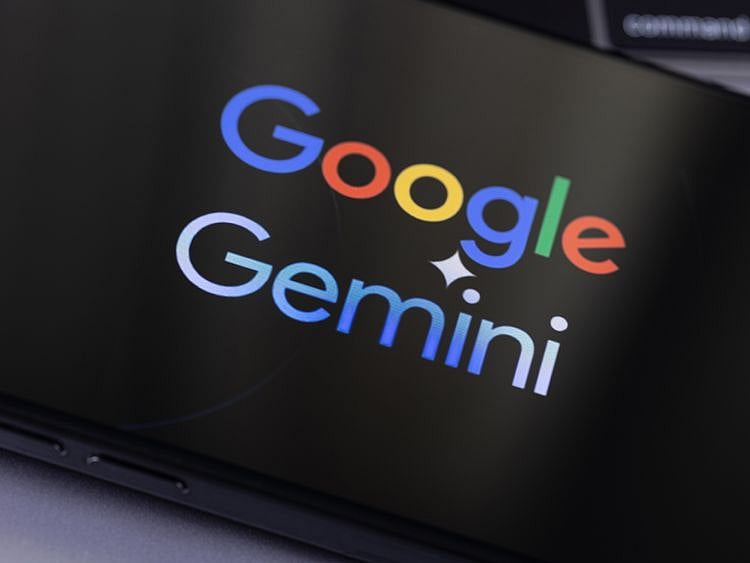Snap integrates Google's generative AI model into chatbot
Company has been investing in new AI features as it competes with larger peers

Snap Inc. will start using Google's generative artificial intelligence model to help power Snapchat's AI chatbot, part of a broader plan to boost engagement and increase user time spent on the messaging app.
Snap has been investing in new AI features as it competes with larger peers, such as Meta Platforms Inc., which also has its own AI chatbot. Alphabet Inc.'s Google, meanwhile, has been seeking new corporate clients for its Gemini AI model as a way to boost business. The two companies announced the new partnership Tuesday.
Snap shares rose about 2 per cent to $10.40 in early trading before New York markets opened on Tuesday.
Snap first launched its My AI chatbot last year, using generative AI models from OpenAI, the maker of ChatGPT. But the company recently started using Gemini as well because Google's large language model can process video, audio and text simultaneously, capabilities collectively known as multimodal AI. That feature is important because Snapchat users often communicate through videos and images, in addition to text, said Snap Chief Executive Officer Evan Spiegel.
"The chat with large language models has always been quite engaging," Spiegel said, though he also noted that the experience when sending photos and videos to a chatbot has lagged behind. Since sending photos and videos is the main way Snapchat users communicate, this "held back our vision" for what the product could ultimately become, he added.
Since Snap started using Gemini earlier this year, the company has seen almost three times more engagement from people sending images and videos to its AI chatbot, the company said. "It's a more natural way for people to express themselves," explained Google Cloud Chief Executive Officer Thomas Kurian. Gemini will also power new features on Snap that allow its AI chatbot to, for example, translate menus in a foreign language or identify plants from just a picture.
Snap is already a customer of Google's cloud-computing services to help support Snapchat, whose 850 million monthly users collectively send billions of photos and videos each year. The expanded partnership will help Google reach new users and improve its AI models, Kurian said.
"Snap's user community has really helped us not just adopt the model, but learn a lot by observing the way people talk to it," he said. "Some people want to talk to a friend, some people want to talk to someone more like a teacher, some people want to talk to a coach." Kurian also credits the partnership for giving Snap's AI chatbot more personality, and helping it interact more like a person than a computer.
But training AI models to be more casual or conversational comes with risks. At one point, more than half of Snapchat's users were between the ages of 13 and 24, a demographic that's particularly sensitive to online harms. When Snap first launched its AI-powered chatbot, the social media company warned its young users not to share any secrets with the bot and to refrain from relying on it for advice because it could "hallucinate," or make up information. Both companies said they put extra safeguards around the types of responses the chatbot will return given Snapchat's young user base.
Spiegel said Snap is also considering using Gemini for other features within its Spectacles smart glasses, a new augmented reality product the company unveiled last week. The AR glasses connect to the Snapchat app and are already compatible with the My AI chatbot. The photo-sharing company plans to continue investing heavily in artificial intelligence for other features, including to better rank and recommend content, and to target ads.
Sign up for the Daily Briefing
Get the latest news and updates straight to your inbox
Network Links
GN StoreDownload our app
© Al Nisr Publishing LLC 2026. All rights reserved.